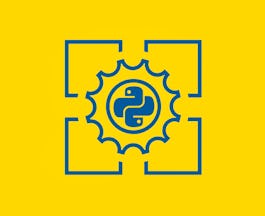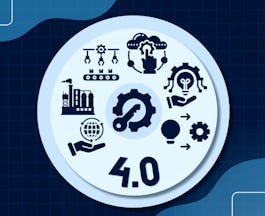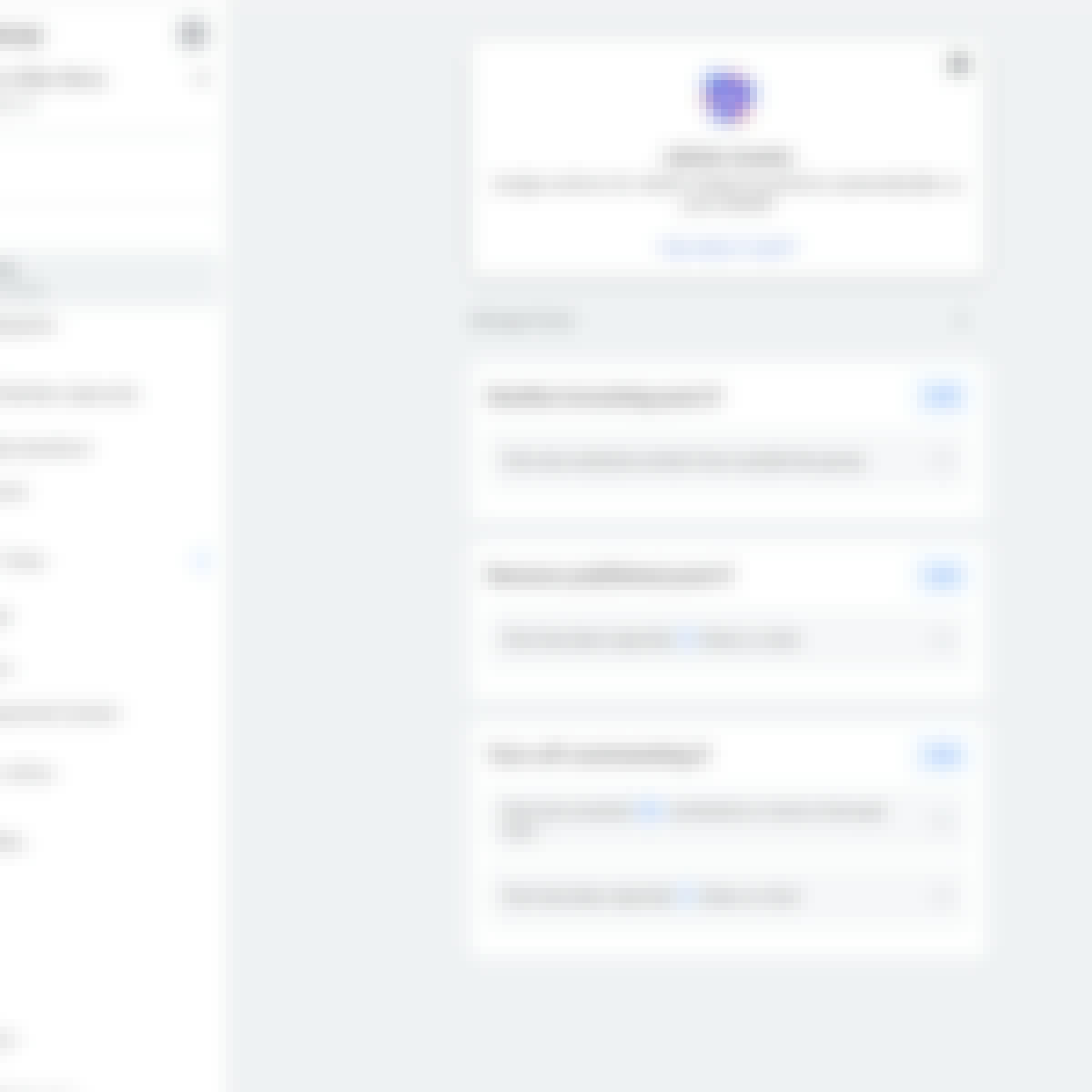Filter by
SubjectRequired
LanguageRequired
The language used throughout the course, in both instruction and assessments.
Learning ProductRequired
LevelRequired
DurationRequired
SkillsRequired
SubtitlesRequired
EducatorRequired
Explore the Predictive Analytics Course Catalog

SkillUp EdTech
Skills you'll gain: Data Migration, Cloud Storage, Data Management, Data Integration, Data Storage, Data Infrastructure, Data Architecture, Data Security, Data Transformation, Data Pipelines, Disaster Recovery

Skills you'll gain: Text Mining, Natural Language Processing, Data Processing, Unstructured Data, Data Transformation, Python Programming, Artificial Intelligence

Skills you'll gain: PySpark, Apache Spark, Apache Hadoop, Data Processing, Big Data, Distributed Computing, Data Manipulation, SQL, Data Transformation, Relational Databases

Illinois Tech
Skills you'll gain: Statistical Analysis, Data Analysis, Statistical Machine Learning, Statistical Methods, Statistical Modeling, Regression Analysis, Machine Learning, Bayesian Statistics, Statistical Inference, Supervised Learning, Predictive Modeling, Classification And Regression Tree (CART), Unsupervised Learning, Feature Engineering, Dimensionality Reduction
 Status: Free
Status: FreeCoursera Instructor Network
Skills you'll gain: Regression Analysis, Microsoft Excel, Statistical Hypothesis Testing, Business Analytics, Data-Driven Decision-Making, Business Analysis, Statistical Analysis, Data Visualization Software, Statistical Methods, Analytics, Data Analysis, Probability & Statistics, Variance Analysis, Forecasting

Board Infinity
Skills you'll gain: Organizational Change, Process Optimization, Robotic Process Automation, Internet Of Things, Manufacturing Operations, Manufacturing Processes, Manufacturing and Production, Cloud Computing, Workforce Development, Change Management, Augmented and Virtual Reality (AR/VR), Innovation, Workforce Planning, Industrial Engineering, Production Process, 3D Modeling, Cybersecurity, Automation, Emerging Technologies, Market Opportunities
 Status: Free
Status: FreeCoursera Instructor Network
Skills you'll gain: Extract, Transform, Load, Apache Spark, Data Pipelines, Data Integration, Big Data, Data Infrastructure, Data Processing, Data Warehousing, Data Management, Data Architecture

Board Infinity
Skills you'll gain: Application Deployment, Vue.JS, JavaScript Frameworks, Development Environment, User Interface (UI), Application Frameworks, Web Applications, Web Analytics and SEO, Web Development, Server Side, Application Programming Interface (API)

Coursera Project Network
Skills you'll gain: Facebook, Social Media, Social Media Management, Marketing Analytics, Social Media Strategy, Community Development, Organizational Skills, Customer Engagement
 Status: Free
Status: FreeCoursera Instructor Network
Skills you'll gain: Innovation, Project Management, Agile Project Management, Project Risk Management, Project Management Life Cycle, Generative AI, Cost Reduction, Project Planning, Resource Allocation, Process Improvement, Team Building, Operational Efficiency
 Status: Free
Status: FreeUniversity of Illinois Urbana-Champaign
Skills you'll gain: Supervised Learning, Machine Learning, Machine Learning Algorithms, Artificial Intelligence and Machine Learning (AI/ML), Artificial Intelligence, Analytics, Data Mining, Mobile Development, Human Computer Interaction, Natural Language Processing

Skills you'll gain: Time Series Analysis and Forecasting, Natural Language Processing, Tensorflow, Keras (Neural Network Library), Artificial Neural Networks, Applied Machine Learning, Predictive Analytics, Deep Learning, Predictive Modeling, Machine Learning, Data Analysis, Artificial Intelligence
In summary, here are 10 of our most popular predictive analytics courses
- Data Integration, Data Storage, & Data Migration: SkillUp EdTech
- Select Topics in Python: Natural Language Processing: Codio
- PySpark in Action: Hands-On Data Processing: Edureka
- Statistical Learning: Illinois Tech
- Advanced Quantitative Statistics with Excel: Coursera Instructor Network
- Advances in Manufacturing Technology: Board Infinity
- Engineering Data Ecosystems: Pipelines, ETL, Spark: Coursera Instructor Network
- Fundamentals of NuxtJS: Board Infinity
- Crea, crece y administra grupos de Facebook: Coursera Project Network
- GenAI for Project Managers: Scaling with GenAI: Coursera Instructor Network










